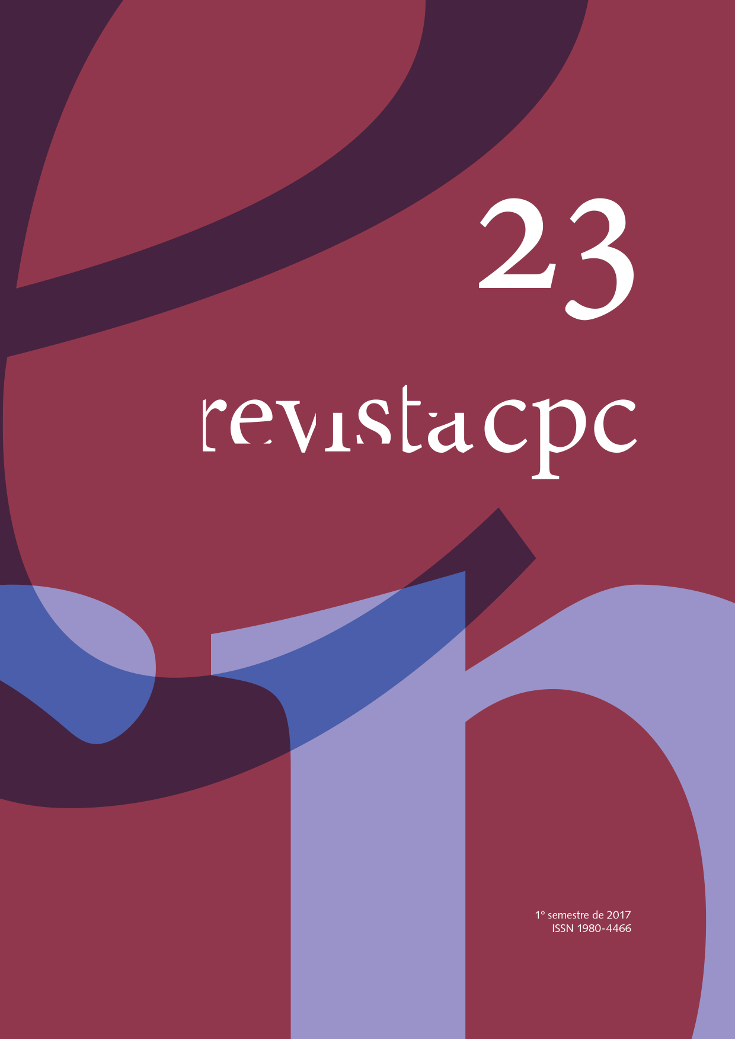Centros históricos de Bolonha e do Porto: lições de reabilitação urbana para o debate contemporâneo
DOI:
https://doi.org/10.11606/issn.1980-4466.v0i23p40-64Palabras clave:
Centros históricos, Reabilitação urbana, Conservação integradaResumen
Os casos de reabilitação urbana dos centros históricos de Bolonha, na Itália, e do Porto, em Portugal, são objeto de reflexão deste artigo, com intuito de revisitar seus pressupostos teóricos e atualizar o conhecimento sobre esses casos, notabilizados como referenciais em termos de salvaguarda e reabilitação urbana. Promove-se uma discussão sobre as experiências paradigmáticas de recuperação dos conjuntos urbanos antigos e precarizados de Bolonha e do Porto, ao final da década de 1960 até a década de 1980, considerando suas atuais ressonâncias como um legado que oferece lições para o debate contemporâneo sobre a reabilitação urbana de sítios urbanos históricos. Adota-se um enfoque urbanístico para a problematização de tais experiências, que se destacam por terem conjugado aspectos sociais e urbanísticos em seus processos de reabilitação urbana, conservando o patrimônio habitado por moradores locais. No entanto, os centros históricos em questão não ficaram imunes aos processos urbanos e políticos, nem às intervenções cenográficas e especulativas, particularmente no Porto. Oferecem, portanto, novas perspectivas para releitura diante dos atuais processos de financeirização da reabilitação urbana e de gentrificação dos centros históricos, não obstante as diretrizes vigentes de proteção ao patrimônio. Essa problematização ganha relevo diante dos desafios em conciliar as atuais políticas de revitalização e turistificação dos sítios históricos com a conservação de seu patrimônio e de sua identidade — sua paisagem e seus habitantes.
Descargas
Descargas
Publicado
Número
Sección
Licencia
- Os autores mantêm os direitos autorais e concedem à revista o direito de primeira publicação, com o trabalho simultaneamente licenciado sob a Licença Creative Commons Attribution que permite o compartilhamento do trabalho com reconhecimento da autoria e publicação inicial nesta revista.
- Os autores têm autorização para assumir contratos adicionais separadamente, para distribuição não exclusiva da versão do trabalho publicada nesta revista (ex.: publicar em repositório institucional ou como capítulo de livro), com reconhecimento de autoria e publicação inicial nesta revista.
- Os autores têm permissão e são estimulados a publicar e distribuir seu trabalho on-line (ex.: em repositórios institucionais ou na sua página pessoal) a qualquer ponto antes ou durante o processo editorial, já que isso pode gerar alterações produtivas, bem como aumentar o impacto e a citação do trabalho publicado (Veja O Efeito do Acesso Livre).








